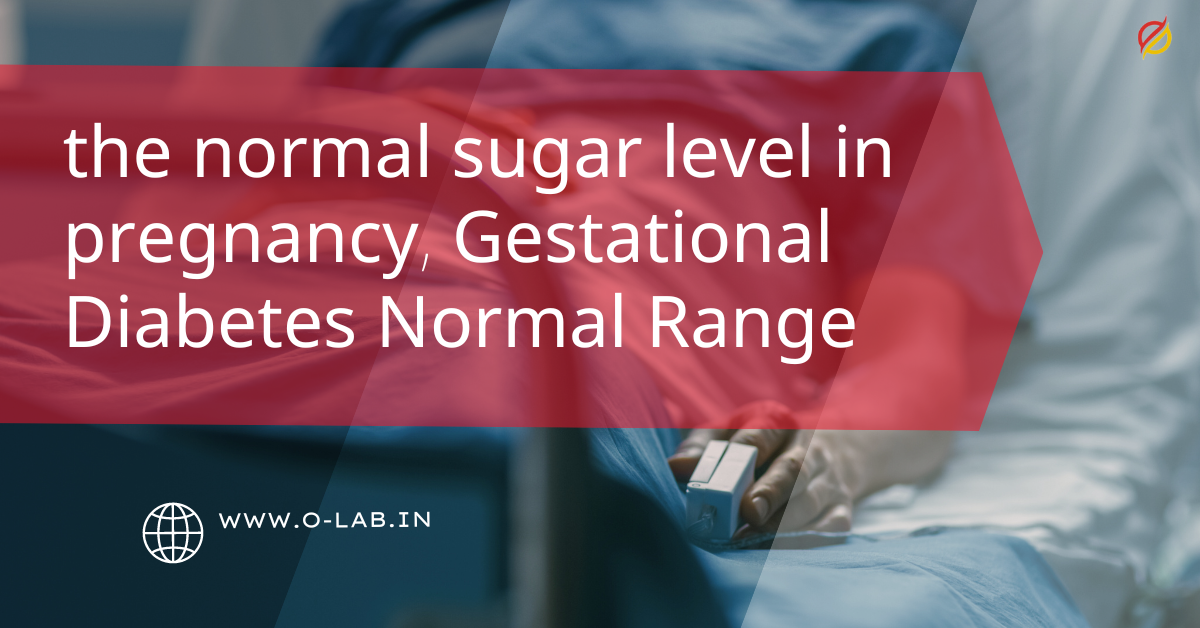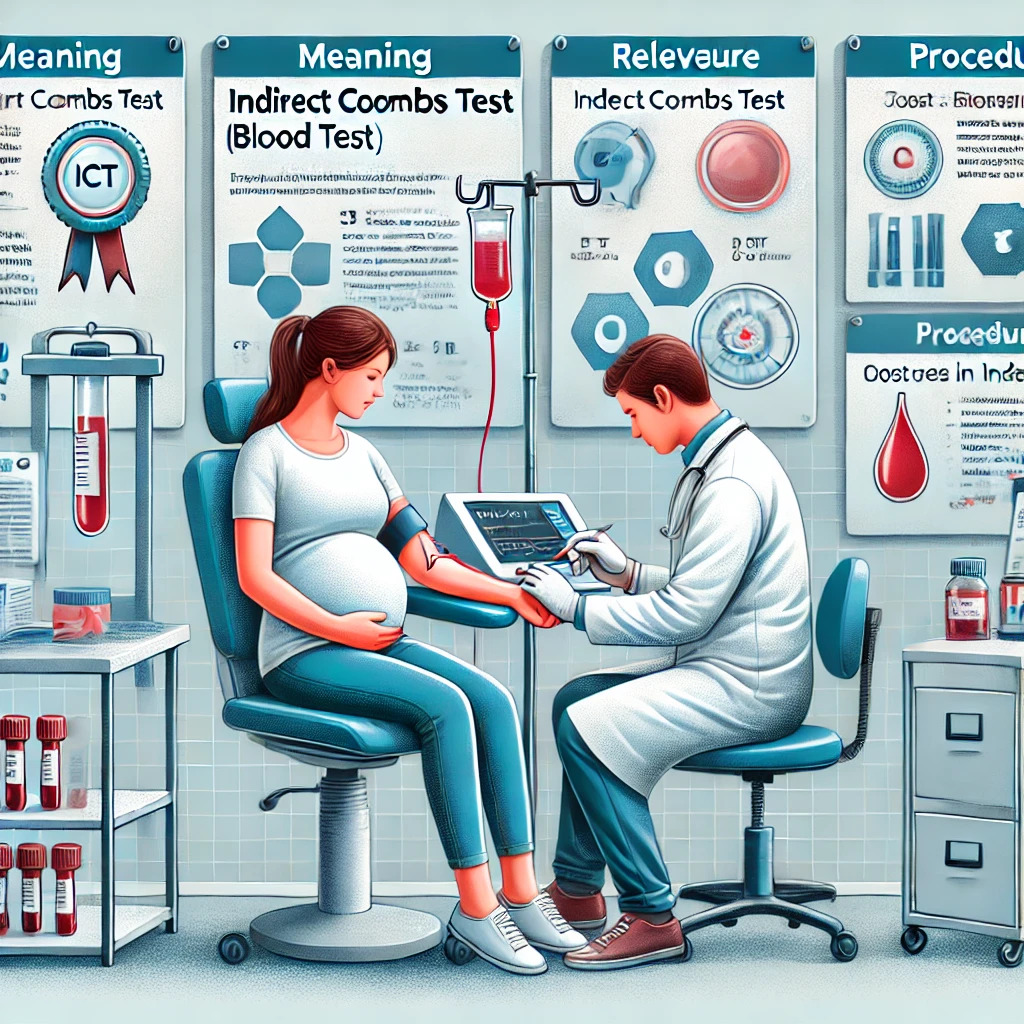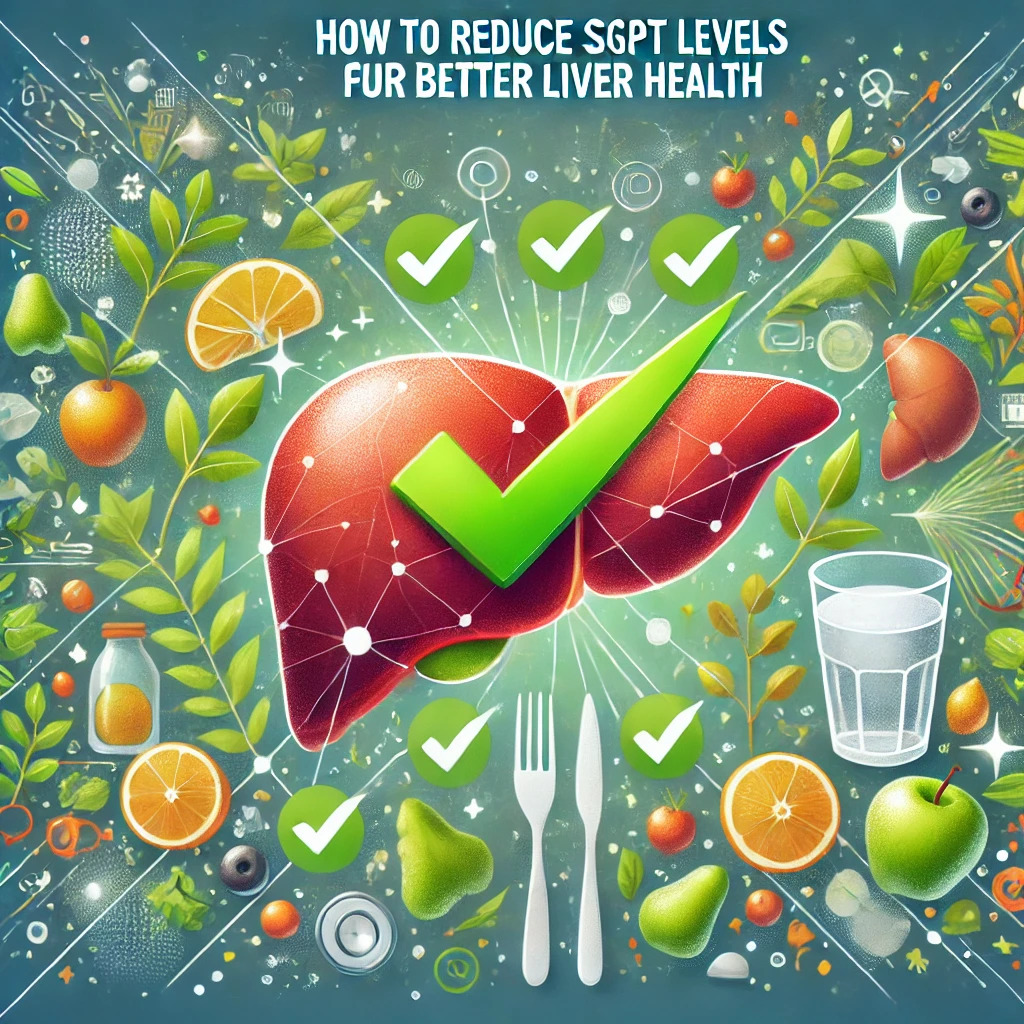Normal Sugar Level in Pregnancy Chart: Gestational Diabetes Normal Range with 1 and 2-Hour Glucose Tolerance Test

In this article, we provide a concise summary of the normal sugar level in Pregnancy, specifically
focusing on the gestational diabetes normal range determined through 1 and 2-hour glucose tolerance
tests.
The normal sugar level in pregnancy
This is the pregnancy sugar level chart.
Timing of test | The normal sugar level in pregnancy |
| Before meal | 95 mg/dl or less |
| One hour after a meal | 140 mg/dl or less |
| Two hours after a meal | 120 mg/dl or less |
Please note that this is treatable and working with your healthcare team can help ensure a healthy pregnancy.
What is gestational diabetes?
Gestational diabetes is a form of high blood sugar which affects pregnant women. This type of diabetes develops during pregnancy. In this condition, the body is unable to produce optimum levels of insulin. Therefore, blood sugar levels get too high. You should know that there are several risks if gestational diabetes is untreated. If GD is left untreated, the chances of having a large baby increase many times fold. There are many health risks associated with gestational diabetes. There may be many birth complications and other health risks for the baby. If GD is left untreated, the chances of stillbirth in late pregnancy also rise. The baby may have birth defects, such as heart defects or defects of the brain or spine.
Women should be extra careful about this condition because having gestational diabetes increases the chances of getting type 2 diabetes later on in life. You should know that there are great and effective treatments for gestational diabetes. When GD is treated promptly, women give birth to healthy babies and their deliveries are normal.
You should always keep in mind that this is treatable. You should get all your tests done in time so that timely treatment can be done.
Here are the risk factors for Gestational diabetes
- If you are older than 35 years
- If you are obese ( If pre-pregnancy BMI is higher than 30)
- If you have a family history of diabetes
- If you have PCOS or acanthosis nigricans
- Use of corticosteroids during pregnancy
- The previous baby was larger than 4000 g
Why is screening necessary for gestational diabetes?
Blood glucose screening for gestational diabetes should be mandatory for all pregnant women. This screening needs to be done between 24 and 28 weeks of pregnancy. You will be required to go for a blood glucose screening earlier if you have any risk factors for gestational diabetes. Pregnant women should take care of their health and remain in touch with their health providers to ensure constant monitoring and timely treatment if necessary.
Glucose screening test (also known as glucose challenge test)
This test is the first or the initial test which is done to see whether you have a chance of getting gestational diabetes. This is considered to be a screening test since it detects the chances of GD. You should remember that this test does not diagnose GD. This initial screening is also called a one-hour glucose challenge test. If this test says you are normal, there is no need for further testing.
What happens during a glucose screening test?
In this test, you are required to drink a sweet liquid (around 300 ML water) which has 50 or 75 grams of glucose, which is a type of sugar. Your blood sample is taken from a vein, one hour after drinking the sweet liquid. This test tells how the sugar was processed by your body. You are not allowed to eat or drink anything after you have consumed the liquid until your blood is taken. You can just have a few sips of normal water.
If your test detects that your blood sugar level is high after one hour, it doesn’t mean that you have GD. After this test, your doctor will advise a glucose tolerance test to diagnose gestational diabetes.
Glucose tolerance test in pregnancy
This is the test that is done to diagnose gestational diabetes. You need three hours to get this test done. Your blood is taken multiple times at different intervals. Before getting this test, you are advised to avoid eating or drinking several hours before the test. This ensures accuracy in the results. This test is also called a 3-hour glucose tolerance test or OGTT sometimes.
Your doctor will give you a few instructions to follow before getting this test
- You may be advised to eat at least 150 mg of carbs every day for 3 days before the test
- You may be advised to not eat or drink anything for 8-12 hours before the test. You may drink a few sips of water in the morning.
- Get your test done in the morning
What happens during a 1,2 and 3-hour glucose tolerance test?
When you come to get a glucose tolerance test, you are not required to immediately drink a sweet solution. Unlike the glucose screening test, your fasting blood sugar is tested first when you have an empty stomach.
After this, you will be asked to drink a sweetened liquid (water) with 50-75 grams of glucose within 5 minutes. Now, your blood will be drawn one, two, and three hours after drinking the liquid.
You will have to sit at the lab during this period. You will not be allowed to eat or drink anything till your blood sample has been taken after 3 hours. Most labs will allow you to take a few sips of water during this period.
Gestational Diabetes Normal Range
These are the Gestational Diabetes Normal Range Chart.
Time of test | Blood sugar levels |
| Fasting | Lower than 95 mg/dL |
| After one hour | Lower than 180 mg/dL |
| After two hours | Lower than 155 mg/dL |
| After three hours | Lower than 140 mg/dL |
These ranges may vary slightly according to the lab, region, or the governing medical body.
Conclusion
maintaining a normal sugar level in pregnancy is crucial, particularly to prevent gestational diabetes. Screening tests like the 1-hour and 2-hour glucose tolerance tests in pregnancy aid in determining the normal range for blood sugar levels. Timely diagnosis and treatment of gestational diabetes are vital for a healthy pregnancy and to mitigate potential risks. Regular monitoring and effective communication with healthcare providers play a key role in managing gestational diabetes.





